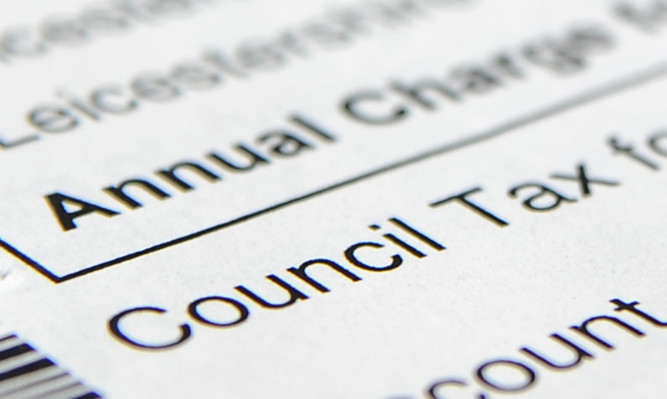A Scottish Government-ordered report says council tax must be scrapped but fails to identify an alternative system.
The cross-party Commission on Local Tax Reform established jointly by ministers and the Convention of Scottish Local Authorities (COSLA) published its final report, Just Change: A New Approach to Local Taxation, on Monday morning.
It says any replacement should be designed to be fairer, more progressive and locally empowering and that taxes on property, taxes on land and taxes on income are the three alternatives which could be applied at local level.
The report concludes: “A well-designed local tax system drawing revenue from multiple sources would provide more options for local democracy, delivering greater financial accountability and autonomy to local government.”
Marco Biagi, local government minister and co-chair of the commission, said: “From the outset having agreed that the present system is unfair and in need of reform we have worked together in a spirit of consensus to understand the alternatives available to us and to put to the people of Scotland a report that clearly sets out the steps that can be taken to deliver change.
“It is now up to politicians from across the political spectrum to take today’s report and to use it to put to the Scottish people alternatives that are fair, workable and empowering for local communities.”
Councillor David O’Neill, president of COSLA and co-chair of the commission, added: “As a result of our work, there is now a real prospect that Scotland’s politicians are on the cusp of delivering lasting and meaningful reform. The opportunity to deliver lasting reform is one that must not be missed.”
All of Scotland’s political parties were involved in the commission with the exception of the Conservatives, who will publish their own report before voters go to the polls.
A Tory spokesman said: “We firmly believe the tax burden on hardworking people in Scotland should be eased, not increased as Labour and the SNP seem to want to do.
“We have our own tax commission which will report back in due course, at which point we’ll be able to set out our own proposals.”
